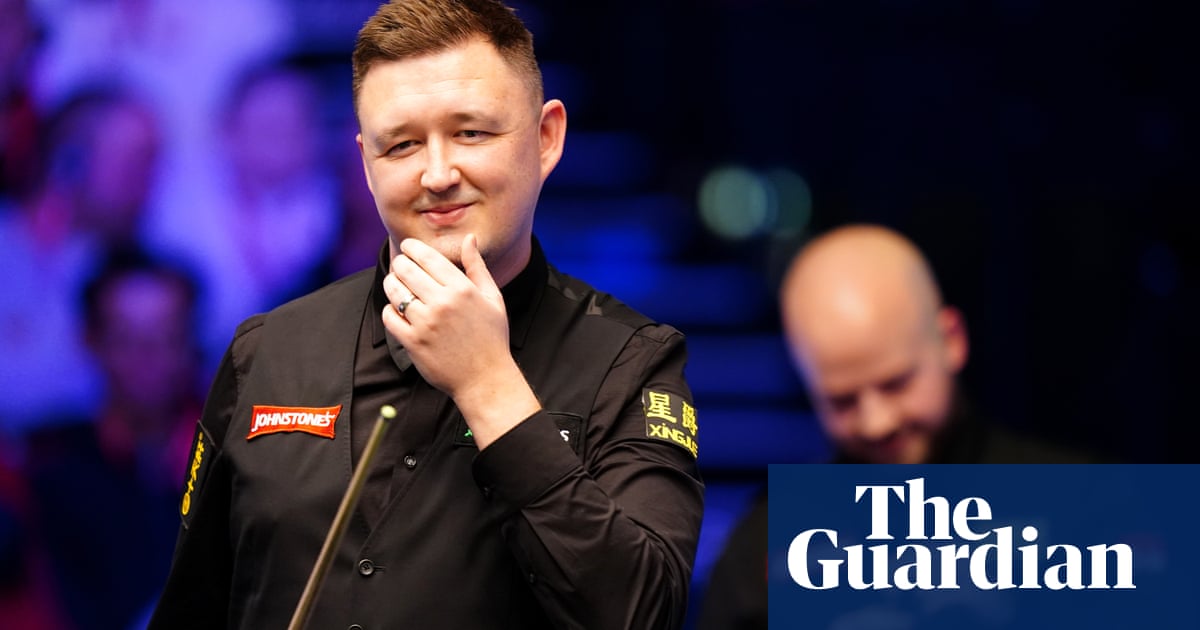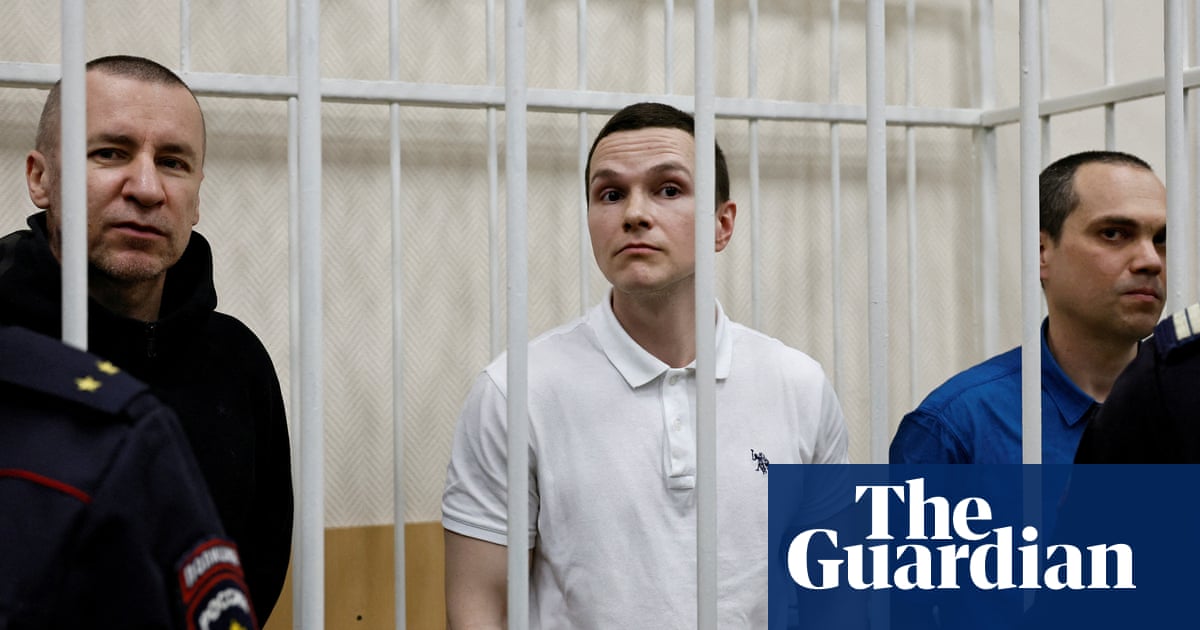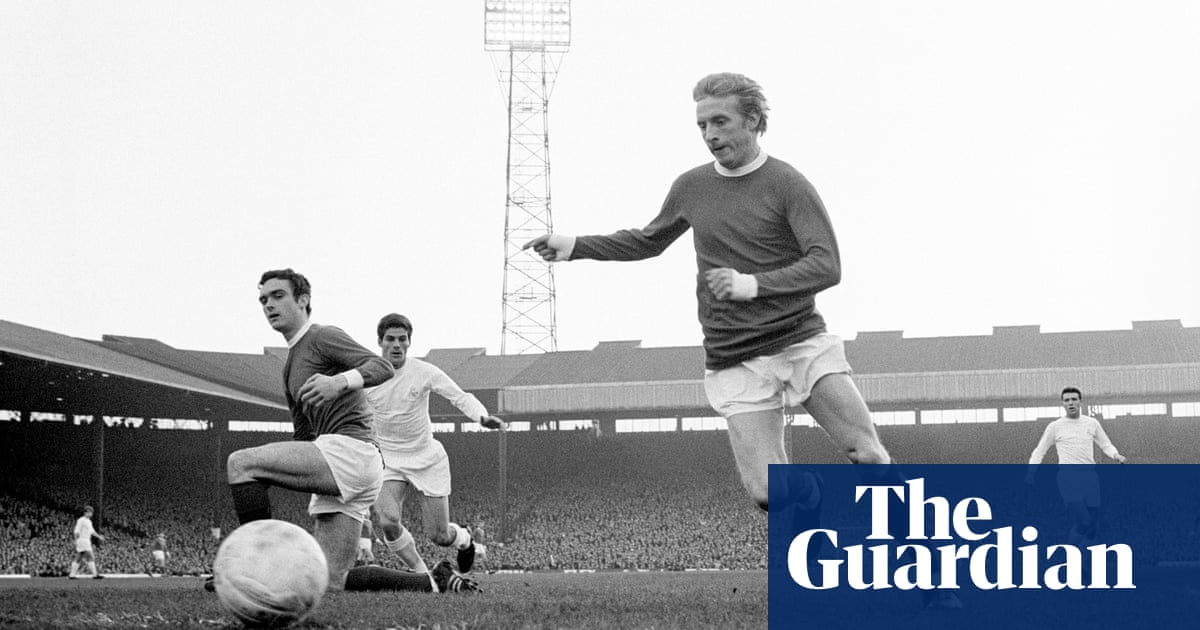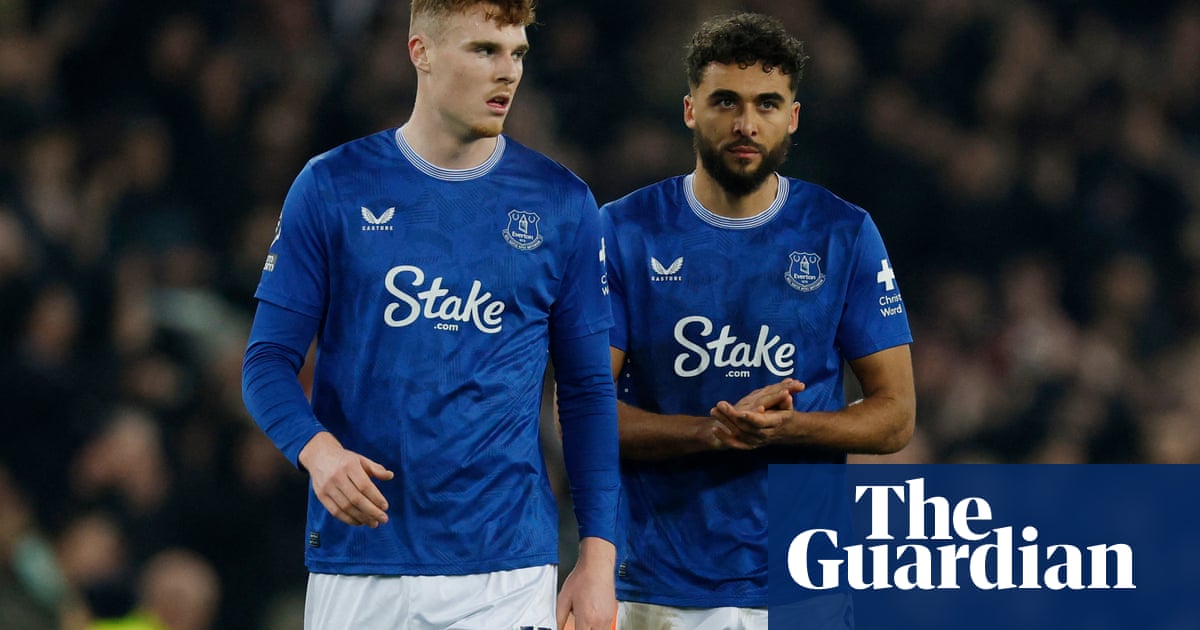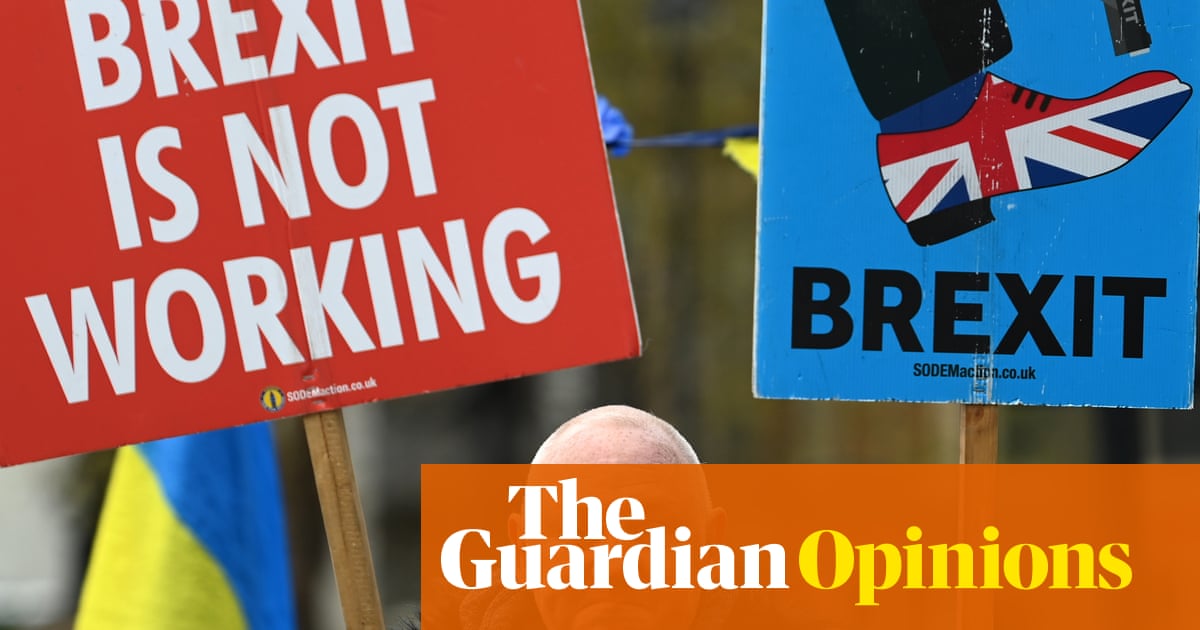Keira Knightley has spoken out about the intimidation and intrusion she experienced at the start of her career, when she was “stalked by men” who blamed her for their aggressive interest.
Speaking to the Los Angeles Times, Knightley said that even as a young woman, “I was very clear on it being absolutely shocking. There was an amount of gaslighting to be told by a load of men that ‘you wanted this.’ It was rape speak. You know, ‘This is what you deserve.’ It was a very violent, misogynistic atmosphere.”
Knightley rose to prominence aged 17 with her role in Bend It Like Beckham, before finding international fame with the Pirates of the Caribbean franchise and Love Actually.
“It’s very brutal to have your privacy taken away in your teenage years, early 20s, and to be put under that scrutiny at a point when you are still growing,” Knightley said.
“Having said that, I wouldn’t have the financial stability or the career that I do now without that period. I had a five-year period between the age of 17 and 21-ish, and I’m never going to have that kind of success again. It totally set me up for life. Did it come at a cost? Yes, it did. It came at a big cost.”
The actor said that her “jaw dropped at the time” over how she was treated in public spaces, with the clear implication that “they very specifically meant I wanted to be stalked by men. Whether that was stalking because somebody was mentally ill, or because people were earning money from it – it felt the same to me. It was a brutal time to be a young woman in the public eye.”
Knightley, who has two daughters, said she believes the internet has exacerbated the problem. “Social media has put that in a whole other context, when you look at the damage that’s been done to young women, to teenage girls,” she said. “Ultimately, that’s what fame is – it’s being publicly shamed. A lot of teenage girls don’t survive that.”
In an interview with the Times of London last month, Knightley said that the popularity of the Pirates films put her in a difficult position: financially stable, but emotionally besieged.
“It’s a funny thing when you have something that was making and breaking you at the same time,” Knightley said. “I was seen as shit because of them, and yet because they did so well I was given the opportunity to do the films that I ended up getting Oscar nominations for.
“They were the most successful films I’ll ever be a part of, and they were the reason that I was taken down publicly. So they’re a very confused place in my head.”
Six years ago, Knightley told the Hollywood Reporter that such exposure led her to have a breakdown aged 22. She didn’t leave the house for three months and needed hypnotherapy to feel able to walk the Baftas red carpet for Atonement in 2008.
In 2018, Knightley wrote an essay, The Weaker Sex, which addressed how explicit and internalised misogyny silences women. It ended with a broadside against male colleagues:
“Tell me what it is to be a woman. Be nice, be supportive, be pretty but not too pretty, be thin but not too thin, be sexy but not too sexy, be successful but not too successful … But I don’t want to flirt and mother them, flirt and mother, flirt and mother. I don’t want to flirt with you because I don’t want to fuck you, and I don’t want to mother you because I am not your mother … I just want to work, mate. Is that OK? Talk and be heard, be talked to and listen. Male ego. Stop getting in the way.”
Speaking to the Guardian in 2018, Knightley said that she wrote the piece to try to “harness this moment in time and use our voices to keep the conversation going” and hoped that the female experience would be more explored – and therefore more understood – in the future.
“Before motherhood,” she said, “you’re sexy, but if we talk about the whole vagina-splitting thing then that’s terrifying; there’s no sex there, so what we do is go into the virgin-mother retrofit, that’s nice and safe. The problem with those two images is I think very few women actually identify with them. Women are meant to play the flirt or the mother in order to get their voice heard. I can’t. It makes me feel sick.”

.png) 1 month ago
14
1 month ago
14


